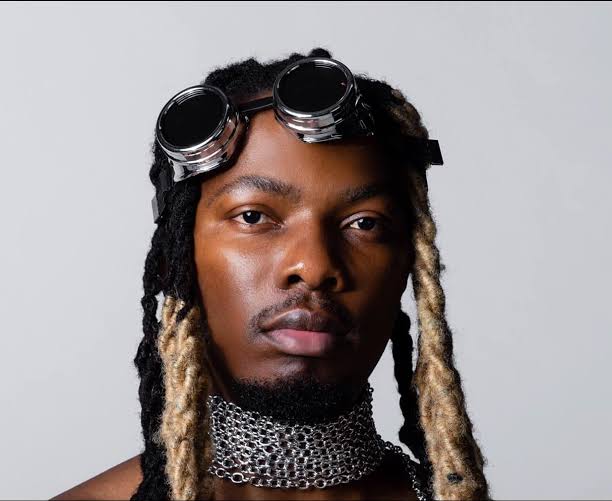Rapper GNL Zamba Questions Martyrs Day Narrative, Says Kabaka Mwanga Was Framed

Rapper and cultural critic GNL Zamba has ignited debate with a bold assertion that Kabaka Mwanga, long vilified in the official accounts of the Uganda Martyrs’ deaths, may have been unfairly framed.
In a reflective social media post timed to coincide with this year’s Martyrs Day commemorations, the founder of Baboon Forest Entertainment urged Ugandans to reconsider the dominant version of history and examine what he calls the “political strings” attached to the early missionary enterprise in Buganda.
“Unpopular Opinion: Kabaka Mwanga was framed and he was innocent,” Zamba wrote on X (formerly Twitter). “Before you celebrate Martyrs Day, take a moment to question the official story. What if the real agenda wasn't just about faith but about power?”
Martyrs Day, observed on June 3 every year, marks the brutal execution of 22 young men—mostly pages in the royal court—by Mwanga II of Buganda between 1885 and 1887, for refusing to renounce their Christian faith.
They were later canonised by the Catholic Church and are today venerated as saints.
The annual pilgrimage to Namugongo shrine in Wakiso District draws millions of faithful and is one of the most significant religious events in Uganda’s calendar.
But GNL Zamba, whose real name is Ernest Nsimbi, has called for a more critical reading of history. He claims that Mwanga’s resistance was not rooted in hatred of religion but in concern for Buganda’s sovereignty.
“When Kabaka Mwanga rejected the spread of Christianity, he wasn't anti-God,” Zamba argued. “He was protecting his kingdom from a foreign ideology that came with political strings attached. The missionaries weren’t just preaching; they were infiltrating.”
His remarks point to a growing school of thought among some Pan-African scholars and artists who argue that the early missionary work in Africa was closely tied to European imperial ambitions.
In Buganda, this tension climaxed during Mwanga’s reign when the young king, frustrated by the political defiance of Christian converts and their perceived loyalty to foreign powers, ordered their execution.
Zamba questioned why the missionaries who were central to the spread of Christianity in Buganda, such as Father Lourdel and Alexander Mackay, were never arrested or harmed, yet local royal pages bore the brunt of Mwanga’s crackdown.
“How convenient that two foreign missionaries—the real masterminds—weren’t captured or punished, yet members of the king’s own council were killed in a fiery spectacle,” he wrote.
“That method of burning people alive was imported straight from the Spanish Inquisition. It wasn’t part of our culture before that.”
The rapper’s comments have stirred reaction online, with some praising him for raising uncomfortable questions, while others accused him of disrespecting martyrs and promoting historical revisionism.
Nonetheless, Zamba maintained that his intention was not to offend but to open up intellectual space for alternative readings of African history.
“I beg us to use both sides of our brains,” he said. “Let’s be open-minded enough to consider that what we’ve been taught may not be the full truth. As in all stories Africans have been given to believe.”
Mwanga’s legacy remains divisive in Ugandan history. To some, he was a tyrant whose decisions led to the suffering of innocent youth.
But others, including GNL Zamba, view him as a misunderstood leader trying to shield his kingdom from colonial encroachment disguised as religious conversion.
The British eventually deposed Mwanga in 1897 and exiled him to the Seychelles, where he died in 1903.
Zamba ended his message with a note of artistic defiance and hope: “If I’m wrong, forgive me, I don’t mean to offend. I will just turn this into a script. But for now, enjoy the public holiday. Happy Martyrs Day—sorry, Happy Matters Day. AAA.”
He added that he hopes future generations of Pan-Africans will erect statues to honour both Kabalega of Bunyoro and Kabaka Mwanga, who resisted colonial rule in different forms.
Whether Zamba’s version will find traction in mainstream historical discourse remains to be seen.
But what is clear is that his words have added a new, provocative layer to Uganda’s ongoing conversation about faith, power, and identity—one that questions not only who we honour, but why.



0 Comments